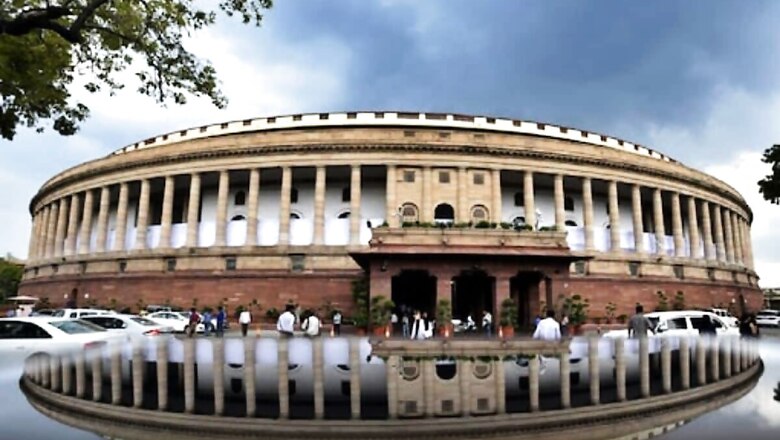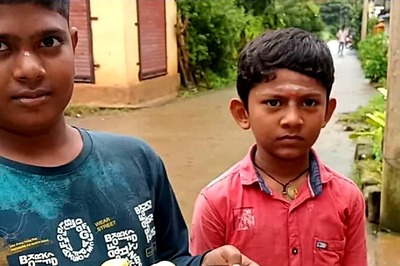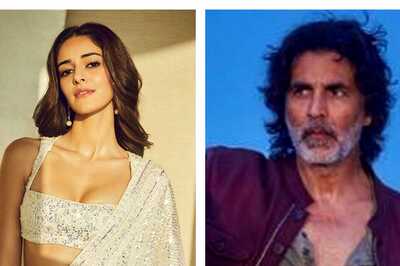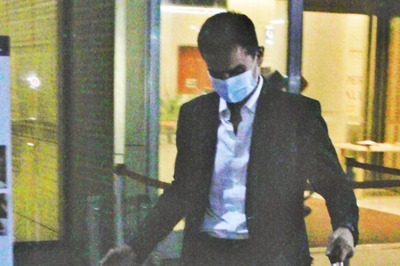
views
The monsoon session of Parliament, to be held between July 19 and August 13, will come against the backdrop of the mayhem wrought in the country by the destructive second wave of the Covid pandemic. The daily caseload has now gone below 40,000. But does that mean this will be a normal session? The answer is perhaps “yes and no”. Will there be specific dos and don’ts? The answer is possibly “yes”.
Those who are involved in the preparations tell CNN-News18 that there will be no leniency as far as the following of Covid protocols is concerned, including making sure that everyone in Parliament wears a mask and tries to maintain social distancing as much as possible.
Unlike most parts of the budget session, both the Lok Sabha and Rajya Sabha will function simultaneously this time like earlier. Previously, because of the Covid crisis, authorities were allowing Rajya Sabha to function between 9am and 2pm and Lok Sabha from 4pm to 9pm. And, of course, the seating of the members was also spread out across both the chambers as well as galleries. This time, however, it will be ensured that the lawmakers sit at some distance and the official and visitors’ galleries in both Houses will be used for this purpose.
Since both the Lok Sabha and Rajya Sabha will function as usual between 11 am and 6 pm, the Zero Hour and Question Hour will be held for an hour each as is normal.
Restricted access to the parliamentary premises is likely to continue and only a limited number of staffers of ministers will be allowed to enter in case the ministers have to come in for Question Hour, etc. It is likely that the staff and personal assistants of the Members of Parliament will not be let into the Parliament building to guard against Covid. Visitor entry will be extremely restricted as also for the media. The earlier curbs allowing only official media to come in with cameras is likely to continue and only a limited number of journalists will be able to enter and sit in the media gallery.
The access to Central Hall will be only for members and they will be encouraged not to gather there in big numbers. It will be out of bounds for former MPs, MLAs, etc, till Covid restrictions are in place.
Data accessed by CNN-News18 shows that more than 90% of parliamentarians have already taken a vaccine, which is one of the only ways of protection against the deadly disease right now. Many have asked whether Parliament will make it mandatory to display a vaccination certificate for entry. Sources in the secretariat say that there is a thought going around on how to do this. It is quite certain that vaccination certificates cannot be made mandatory because India’s inoculation drive is still underway and a lot of the public, especially between the ages of 18 and 45, is still waiting to get a first or second dose. Also, quite a few MPs have recently recovered from Covid and they have not taken a single shot of vaccine because they are not eligible till the prescribed waiting period is over.
The authorities are likely to make RT-PCR tests mandatory for those entering the Parliament building and also conduct random tests during the session to rule out any possible spread of the virus. They are also mulling if there is a requirement to do away with the RT-PCR tests for those who are fully vaccinated as is being done by states like Assam with visitors. Testing is also to be made mandatory for the families of members and their staff. While there will be a testing centre in the weekend leading up to the start of the session in the premises of Parliament, small facilities will also be set up at various vantage points near the building for the testing of family members and staff.
Like the previous session, lawmakers will be discouraged from using and carrying papers, and will be requested to use the digital medium for sharing or distributing copies of Bills, replies, questions, etc. They will also be discouraged from bringing bags, etc, to Parliament.
Members will be able to mark their attendance either physically at various points in both the Houses and will be encouraged to bring their own pens for the signature. Also, an online login portal for marking attendance established by the Lok Sabha earlier will continue.
The MPs will be also urged not to hold major gatherings or move around in groups to avoid the violation of Covid protocols.
Sanitisation points will be created like earlier at various locations in the Parliament premises, encouraging members to constantly disinfect their hands.
Not all doors will allow two-way movement: those available for entry and exit will be clearly marked.
Both the secretariats of the Rajya Sabha and Lok Sabha are constantly holding meetings to come up with facilities that will best protect the interests of members and all the personnel who will be present in the premises, to minimise the risk of Covid with a possible third phase looming.
The Vice President of India, M Venkaiah Naidu, who is also the Chairman of the Rajya Sabha, is likely to return to Delhi next week when he will hold a meeting with Lok Sabha Speaker Om Birla to fine-tune the preparations and give them final approval ahead of the monsoon session.
Read all the Latest News, Breaking News and Coronavirus News here.
















Comments
0 comment